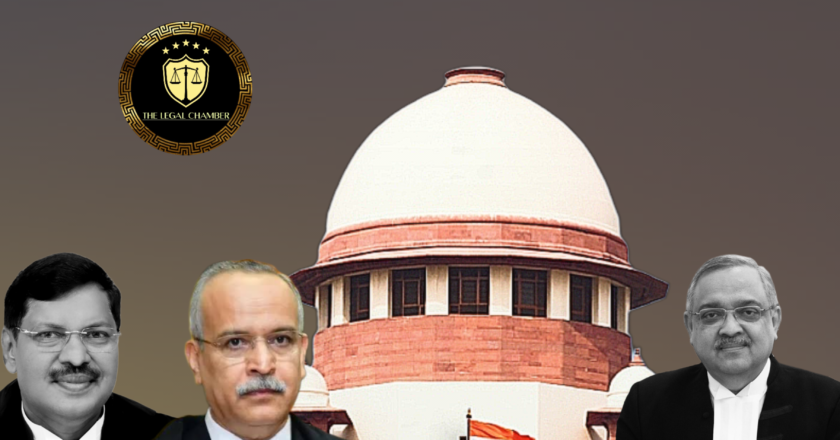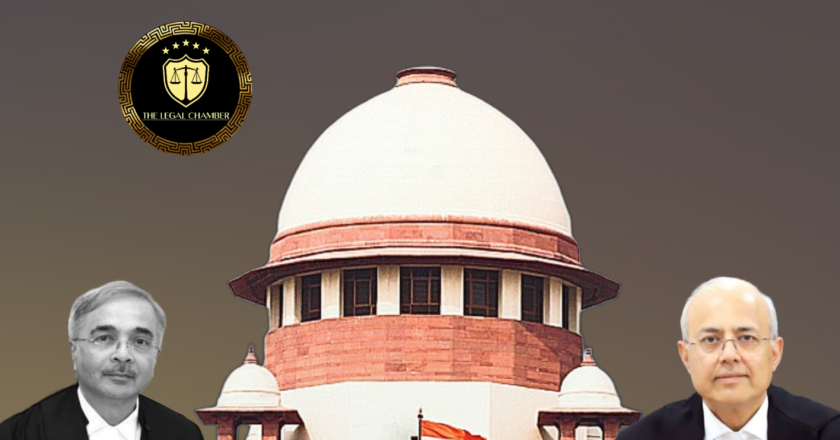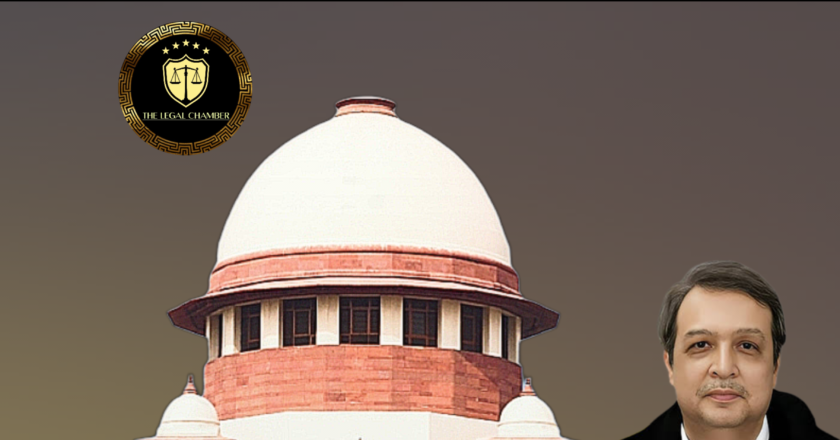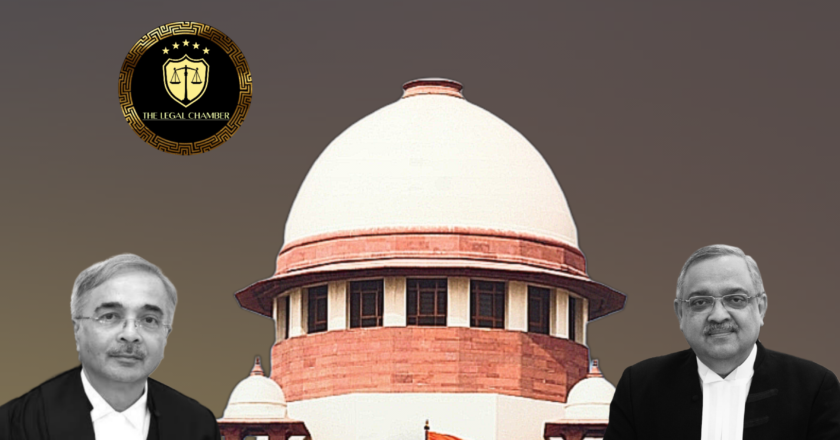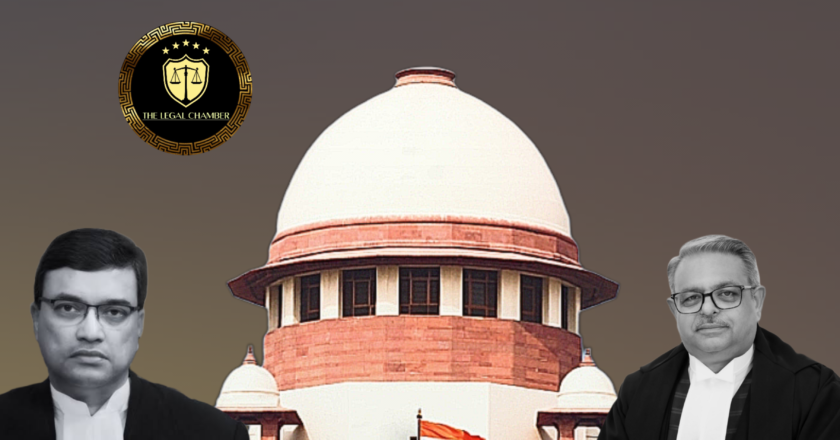Landmark Ruling: Supreme Court Backs Creditors & JSW, Shuts Door on Promoter Interference
This Supreme Court judgment reinforces the finality and binding nature of an approved resolution plan under the IBC. It held that claims not part of the Request for Resolution Plan (RfRP) or the final plan are extinguished, preventing "hydra-headed" post-approval claims. The commercial wisdom of the Committee of Creditors (CoC) in approving the plan is paramount and not open to judicial review on merits.
Facts Of The Case:
The case originated from the Corporate Insolvency Resolution Process (CIRP) of Bhushan Power and Steel Limited (BPSL), initiated in 2017. JSW Steel Limited was selected as the Successful Resolution Applicant (SRA), and its resolution plan was approved by the Committee of Creditors (CoC) and later by the National Company Law Tribunal (NCLT) in September 2019. However,...
